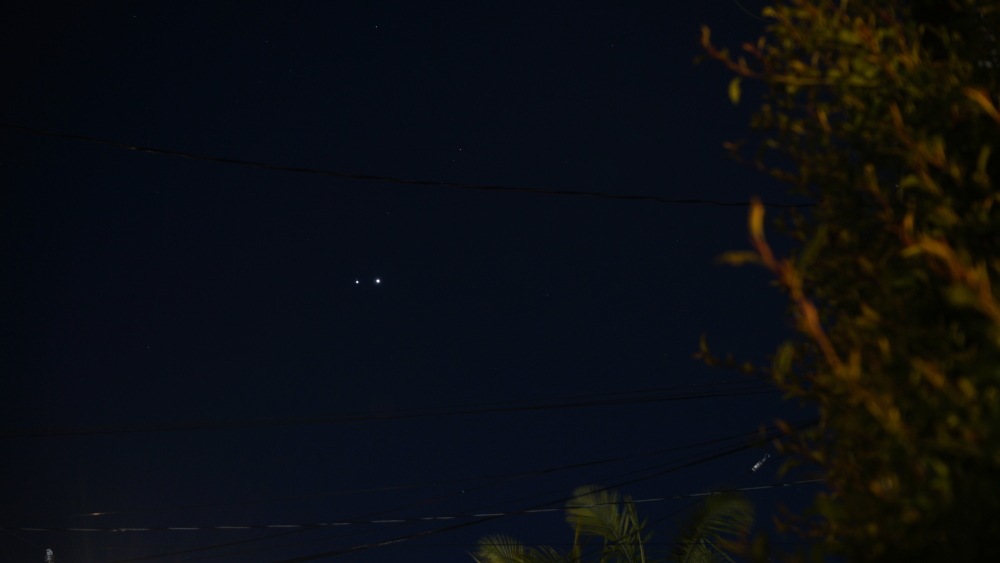Eventbrite has worked well for buying tickets to events I’ve attended…
But over the last few months I keep getting spam for events that are not only not remotely interesting, they aren’t anywhere NEAR me. Sorry, but I’m not hopping on a plane for a pub crawl on the other side of the continent or a 2-hour “gong bath experience” on the other side of the planet.
At first I thought they were bogus. But everything pointed to Eventbrite’s servers. I’ve been blocking the campaigns in Eventbrite as I get them, but at this point my account settings show 10 organizations I’ve blocked, even though I’ve theoretically unsubscribed from “all Eventbrite newsletters and updates for attendees.”
Of course searching online is useless, because (1) everything’s about how organizers can keep their messages from landing in spam folders, and (2) searching online in 2023 is more or less useless anyway. It’s the end result of years of SEO trying to get into the first page (now with generative AI to flood the zone with even more bullshit!) combined with Google and Bing giving up on trying to give relevant results when what they really care about is ad impressions — and no, DuckDuckGo results aren’t much better.
I haven’t bought tickets to an event that uses Eventbrite since 2019 (for obvious reasons). I’m thinking at this point I should just cancel my account [Update: I did], and the next time I want to go somewhere that uses them for tickets, I can open a new one. With a different address.

